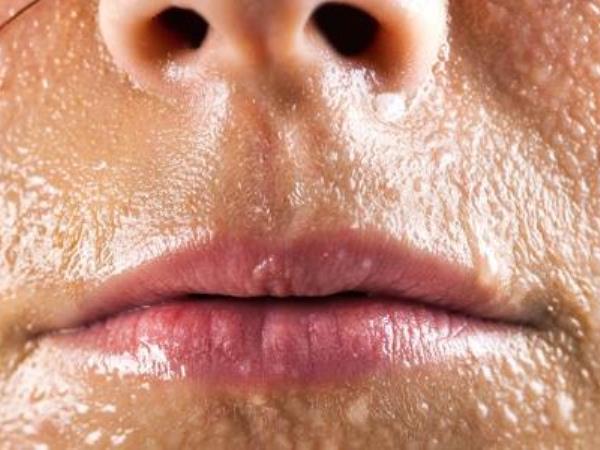Barely sweating Sweating in winter is different. In summer, the body cools down through sweating, while in winter it evenly distributes heat. Therefore, winter sweating is often more important and revealing. You should pay much more attention to it.
That being said, while summer sweating may indicate that your sweat glands are overactive and can lead to overheating, heat exhaustion, and heatstroke, winter sweating means that your glands are not working evenly, which can result in overheating in some areas and hypothermia in others. The problem is that we often do not notice this in time.
It's true that every organism is different, functions in its own way, so be careful of hypothermia!
Excessive sweating Excessive sweating in winter may mean that the body is working too hard on nightly cleansing. Most of the time, food is to blame for this (perhaps you ate too late the night before). A common cause can also be hormonal imbalance (in both men and women, especially during menopause). If you also feel pressure in the lungs and have difficulty breathing, seek help from a doctor. Such symptoms often occur if you have chosen a too aggressive weight loss diet...
Smelly sweat The fact is that sweat itself has no smell. However, if you still recognize the smell of your sweat, it is because bacteria mix with sweat, and this mostly happens when you are stressed. Also, consider that the smell is influenced by a whole range of factors from the environment, food, as well as medications. Generally, smelly sweating is a sign of a good cleansing process; just be mindful of what you eat.









 Would you like to be informed about news on the website?
Would you like to be informed about news on the website?

